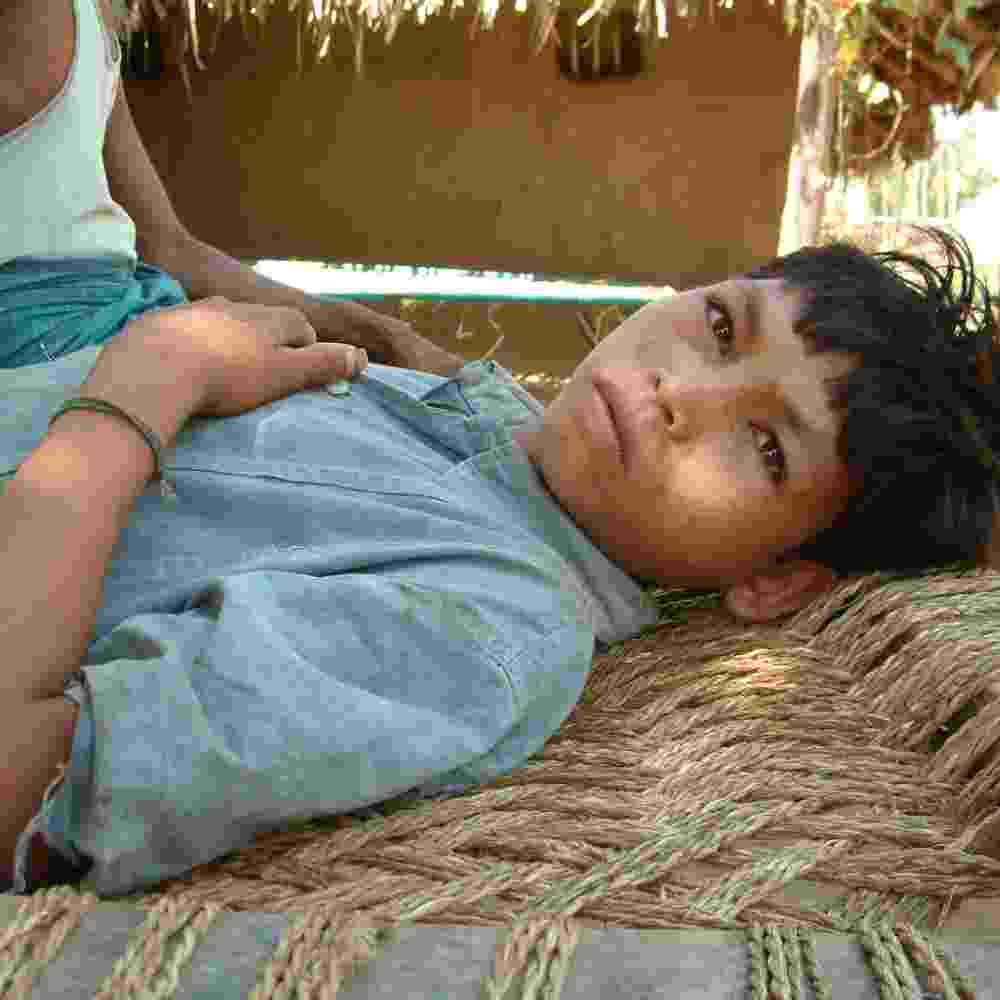What Are the Effects of Poverty on Child Development?
While studying the effects of poverty on child development, it is interesting to see how poverty impacts the entire person. It isn’t simply a need for material things such as food, water and shelter. Poverty impacts a child holistically. An exhaustive list of the effects of poverty would be volumes long, but here is a summary of some key ways poverty impacts child development:
Studies have shown that children who are born into poverty enter school with lower readiness scores. They often have fewer motor skills and lack the attentiveness necessary for school. In many areas around the world, parents cannot afford to enroll their children in school, so cognitive development is exasperated even further. In some areas, school tuition is provided free of charge by the government, but the families are still unable to pay for supplies, uniforms and other requirements.
Poor nutrition and a lack of food security, byproducts of poverty, can negatively impact a child’s physical development. In addition, if healthcare is not available, as is often the case for impoverished families, infections and other easily treatable conditions are left to fester rather than be properly treated. Access to clean water, which many of the world’s poor lack, also impacts physical health. Contaminated water causes waterborne illnesses such as diarrhea, tetanus, typhoid fever, cholera, dysentery and hepatitis A. These conditions greatly impact a child’s consistent attendance in school.
When a situation seems hopeless, with no change in sight, the cycle of poverty impacts the mental health of children. Oftentimes, impoverished children receive no mental health help since those around them are stuck in the same, or similar, situation. Mental health conditions often go untreated for a person’s entire lifetime. It isn’t until something breaks the cycle of poverty that children learn how to hope and dream.
Click here, to read more about this article.
Click here, to read more blogs in Gospel for Asia.Net



Comments
Post a Comment